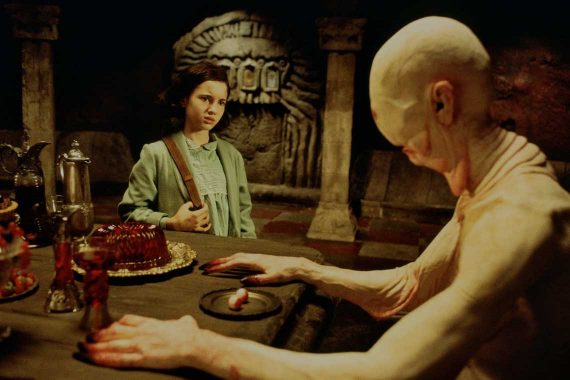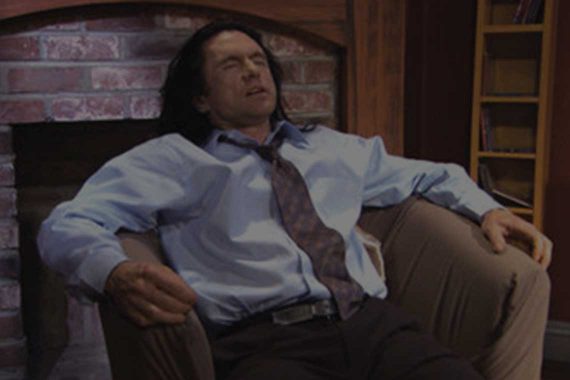Podcast: Play in new window | Download | Embed
We visit Ridley Scott’s Oscar-winning picture “Gladiator” and discuss:
- cinematography;
- telling a story through wardrobe;
- VFX;
- and much more!
“The best revenge is to be unlike him who performed the injury.” – Marcus Aurelius




The Gladiator episode appears to me muted….
Thank you!! That was the weirdest Premiere Pro glitch I’ve encountered, it was not exporting my mixed AIFF audio, had to redo the entire finishing process to get it to properly encode the mp3. So strange. Thank you, Marc!
I have to admit I really did not like Gladiator when I first saw it in the cinema, and I was pretty disappointed at the Oscar win at the time.
I remember being annoyed at the pacing, which I found very start-and-stop, and the lack of originality. A lot of the scenes and dialogue felt cut-and-pasted from every Merchant Ivory period drama of the preceding 10 years (which I was obsessed with back in 2000). In fact, I felt a lot of the character archetypes were cut-and-paste from other period dramas instead of borrowing from history, and I didn’t like that Richard Harris and Oliver Reed were so “old Hollywood” in their approach. I am a Gustav Holst nut, and I loved that the score heavily borrowed the wave-like up-and-down minor motifs from “Mars: Bringer of War”, but then it would switch to your standard 8th note drums-and-strings that every battle scene in every film had and I’d get annoyed again about originality. There were a few uncomfortable composites, and lastly I hated the liberties taken with the Commodus and Lucilla of history.
We just watched it again and I enjoyed the film SO much more, all the way through.
There are still a few things that pull me out, however. The film opens with the hand-brushing-through-wheat trope (although … maybe this film invented it and every stock video site on earth has been copying that ever since??) Phoenix is still too moustache-twirly for me. I think the film would have benefitted from a little less “bad guy” energy from him. I only noticed the one bad composite this time. I thought the music worked well. I kept expecting to be put off by the score but it just sat right. Harris and Reed’s performances also sat right this time. Their approaches are so theatrical, where Crowe, Nielsen, and Phoenix’s approaches are modern-cinema. I liked that contrast this time. It helps draw a line between the Rome that was and the Rome that Aurelius wanted the next generation to build.
What I loved this watch was ESPECIALLY the pacing. I don’t know if I was on too much coffee when I watched it the first time, but this rewatch I was engaged through the whole story and I felt it had great momentum. The liberties with history, I now realise, were the right choice and they felt great. The story of the historical Commodus is suitable for a TV series, but way too complex and with way too many characters for the cinema. I loved changing Lucilla into a hero and giving her the reins in the tear-jerking death scene (I didn’t notice the eye flinch and had to rewind it!!! hahaha). We definitely shed some tears at that scene tonight, where I definitely did not on my first watch.
Sometimes Ridley Scott is just the best, and other times he lets me down HARD. It feels good to switch Gladiator from the “Let Me Down” column to the “Just The Best” column.
LOL! Yes, the old “a hand runs through a wheat field” cliche. My opinion is that it became cliche *because* of Gladiator, but I will add a heavy caveat that I was still a teen when it came out so my film-reference library may not have been large enough to catch other versions of it. But at this point it is definitely an abused trope.
I am curious about which composite puts you off. For me, it’s the balcony scene, which I love hate, because it’s gorgeous but it does not quite blend for me.
Really cool observation about the modern/theatrical performances contrast. Reed is definitely stoically postured, his physical presence and delivery just demand timeless respect.
I did a passing read-up on Commodus for the show and holy damn, it does seem like it deserves the Rome treatment, I’d watch tf out of that!!
I’m totally in your boat with Ridley. He doesn’t have a ton of middle ground when it comes to his work. What’s odd is that I think I really love his kitschy dramas, I have an odd affinity for A Good Year, All the Money in the World, and White Squall. Really interesting that your take on Gladiator has evolved so dramatically, makes me wonder if there are films I should re-sample.